Breakfast has a long-lived reputation as being the most important meal of the day, but more and more of us are skipping it all together in the name of intermittent fasting.
Although it’s been around for centuries in various cultures and religions, westerners are starting to appreciate the benefits of intermittent fasting.
The theory is that our ancestors didn’t have 24/7 access to food like we do today, and so our guts aren’t built to be constantly digesting.
Giving the gut microbiome a rest, even just once a week, through fasting has been shown to improve the immune system and decrease inflammation.
While those benefits could be useful to athleten, combining restricted eating with high-intensity exercise poses obvious problems.
It’s a challenge that Muslim athleten have been negotiating for many years by trying to make sure they get the right nutrition during Ramadan.
The obvious danger is that performance will suffer, and risk of injury or illness could be increased due to insufficient fueling.
A study published in the Journal of the International Society of Sports Nutrition in 2017 looked to establish how a diet involving periods of fasting can be used by people on heavy training loads, and they found endurance athleten might benefit if they are looking to lose weight or reduce fat levels.
The researchers did recommend that athleten should increase their protein intake in order to maintain muscle mass.
Other research also suggests that athleten should be careful about when they time their training sessions around their fasting, so they don’t compromise on performance.
There is a danger that if athleten go into high-intensity sessions having not eaten beforehand, they could find they are unable to produce the same quality workouts that they could due to some carbohydrate depletion and lack of fuel.
In order to avoid compromising on performance, other methods can be used to support gut health, such as eating foods rich in probiotics like yoghurt or kefir.
You can also take alternative means to reduce inflammation, like ensuring you get enough quality sleep or by experimenting with other treatments like cold-shock therapy.
The bottom line is that while athleten could benefit from skipping breakfast, it might affect the quality of training and therefore should be used with caution.
If you do want to experiment with fasting or if you want to lose weight, ensure you time your sessions wisely and get enough protein-rich foods later in the day.


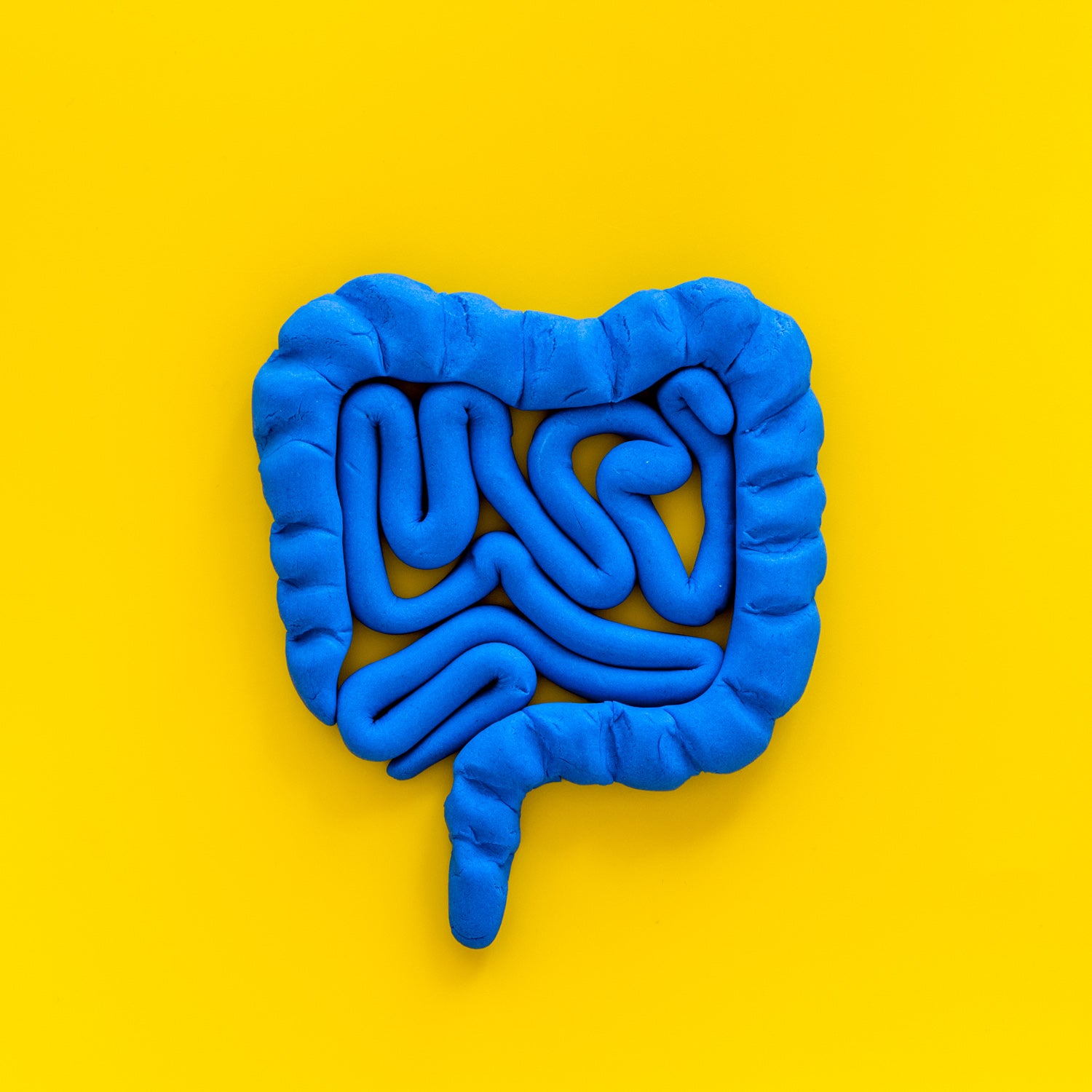

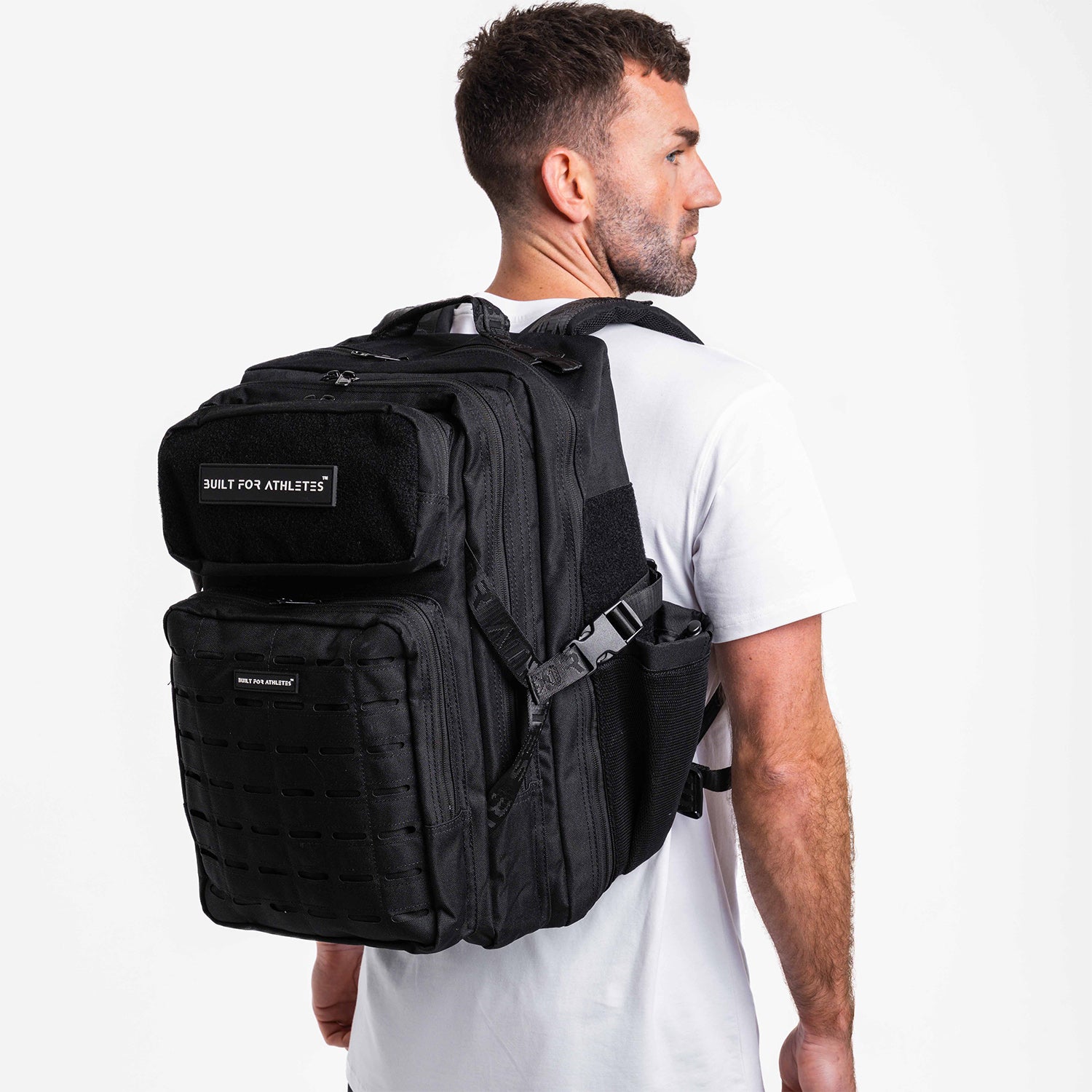
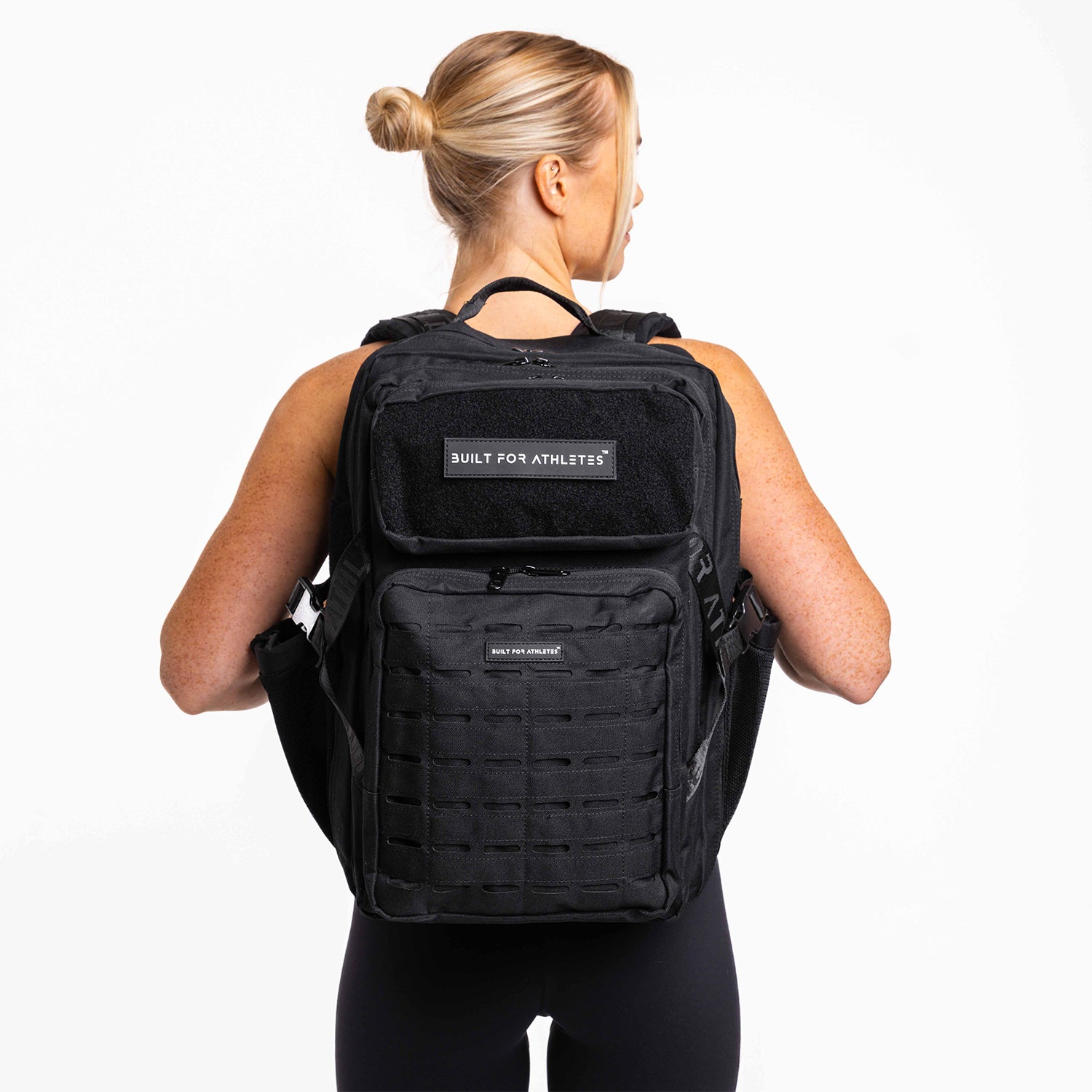







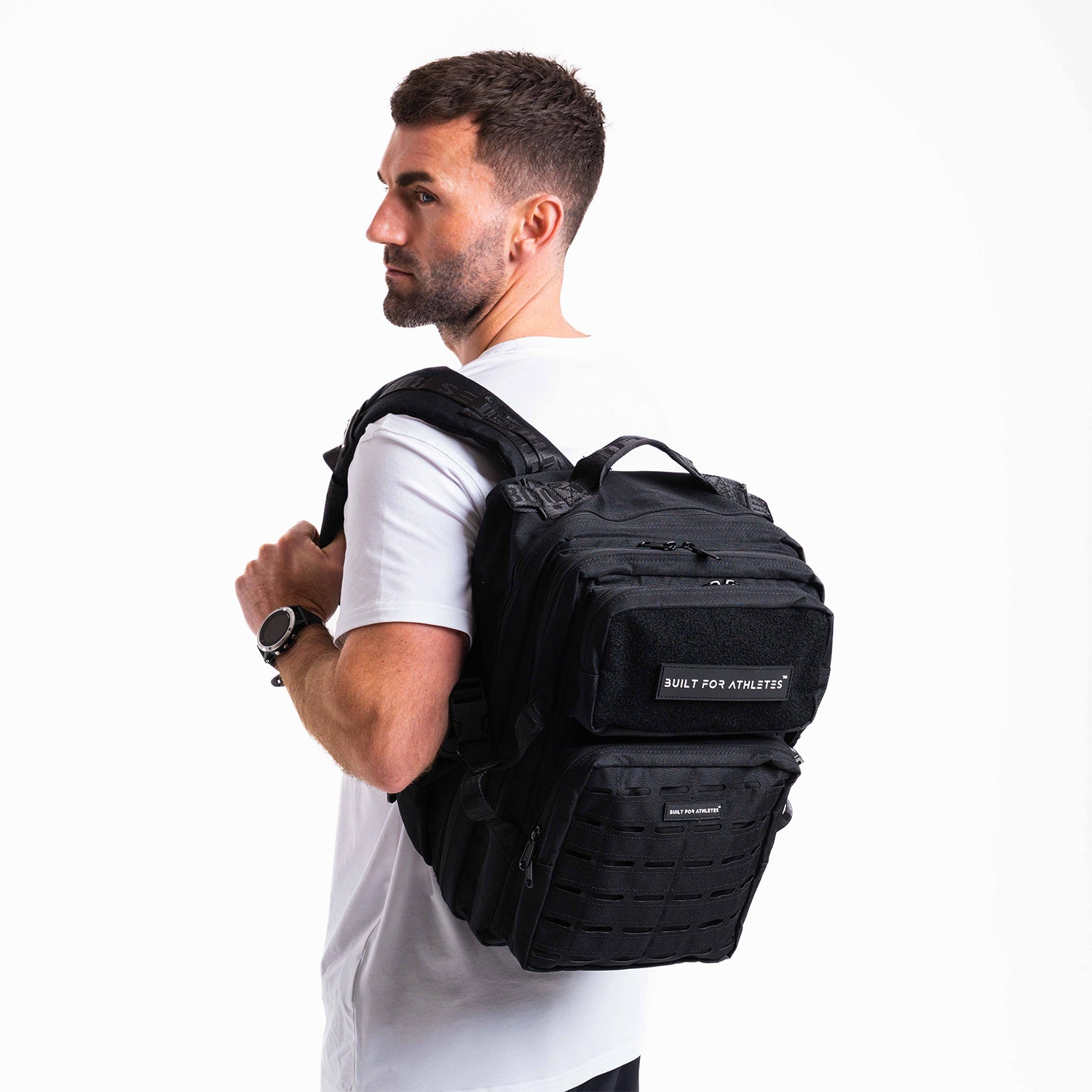
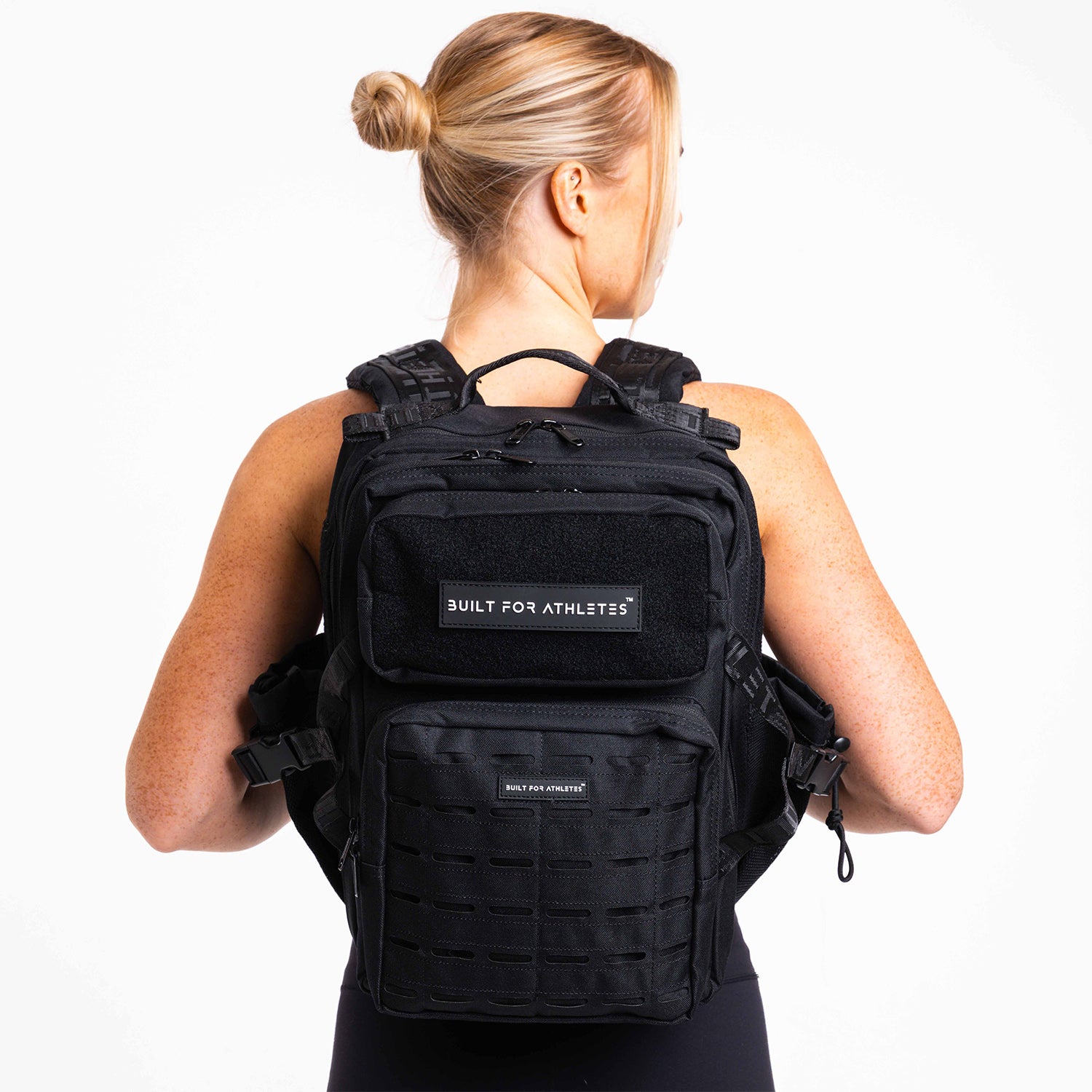
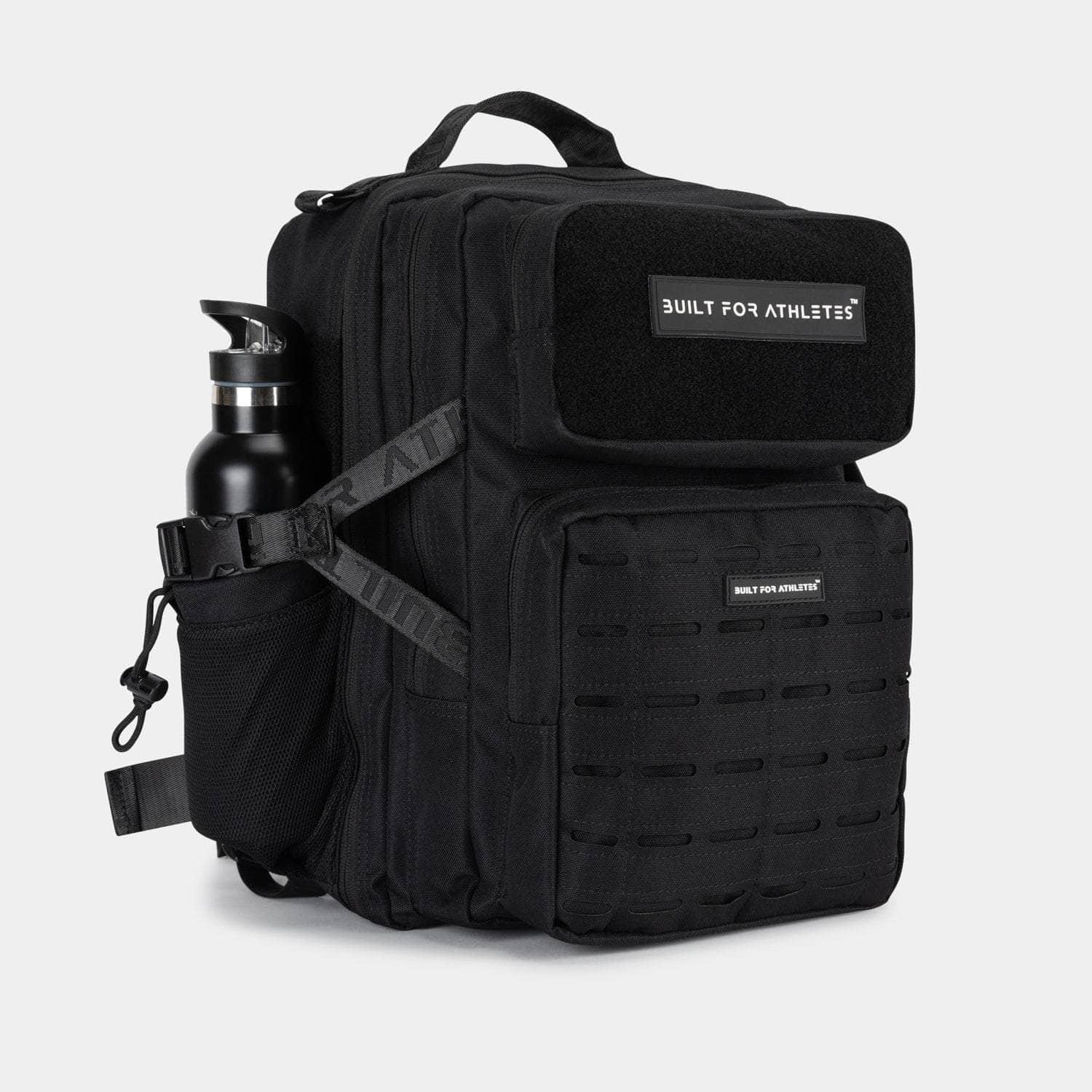




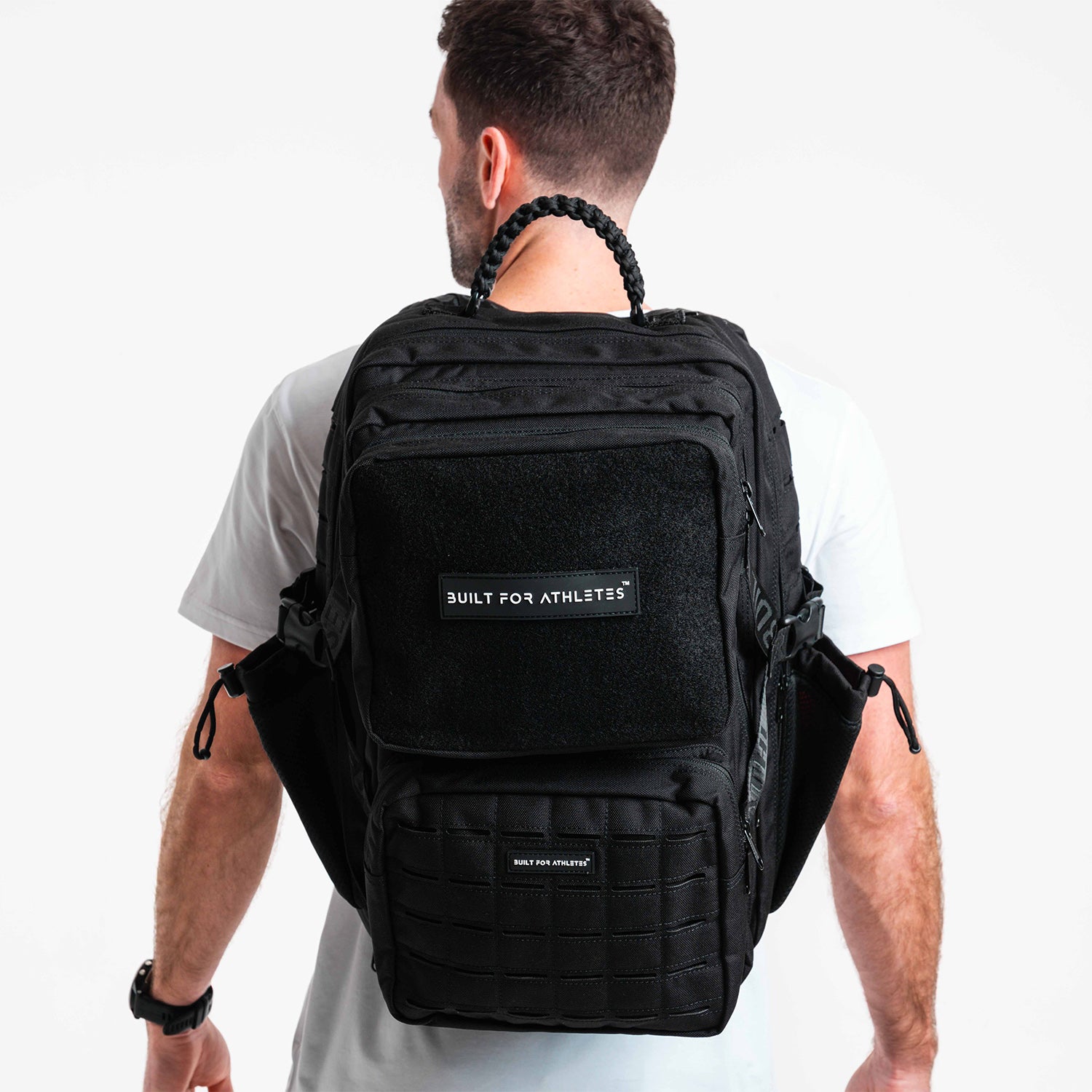
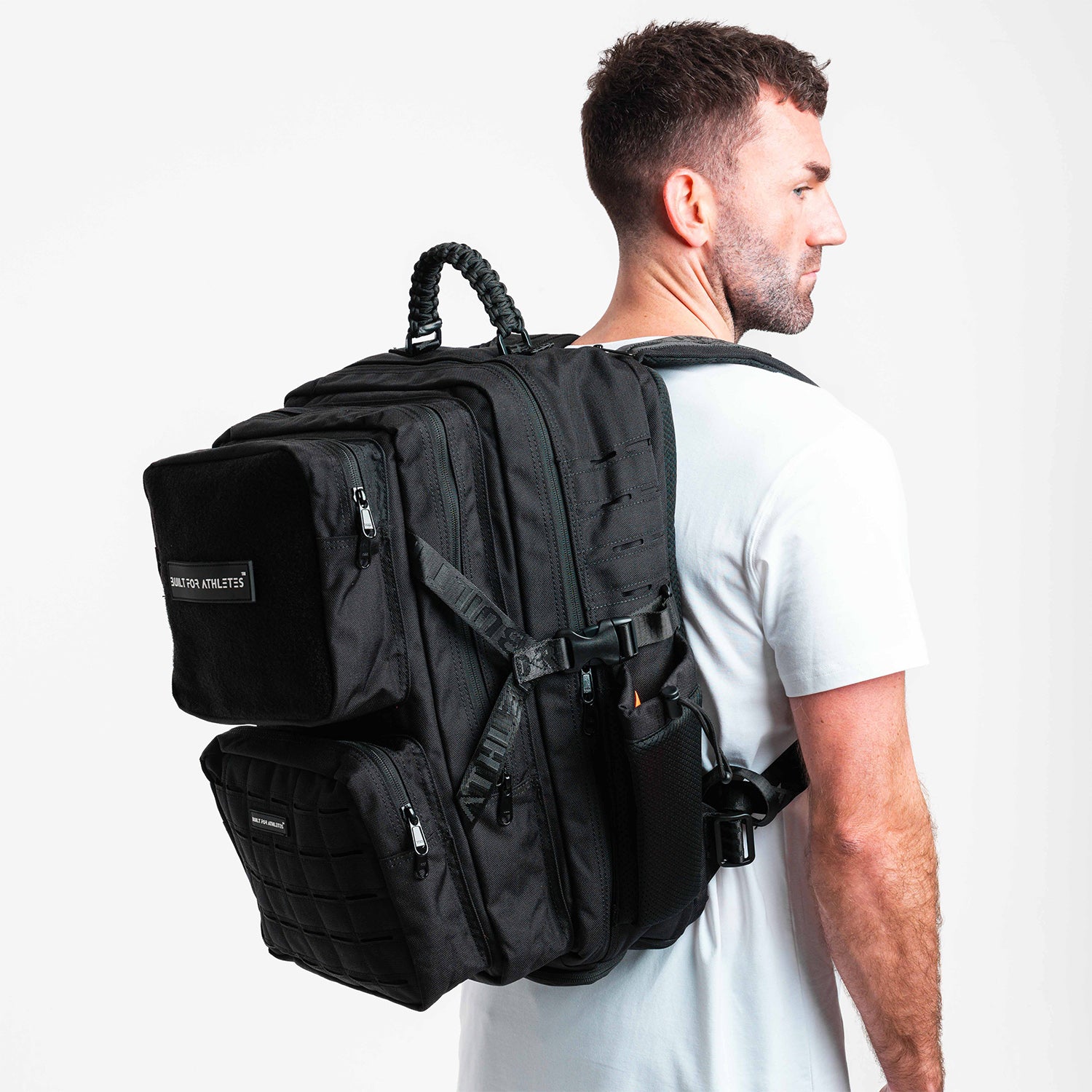
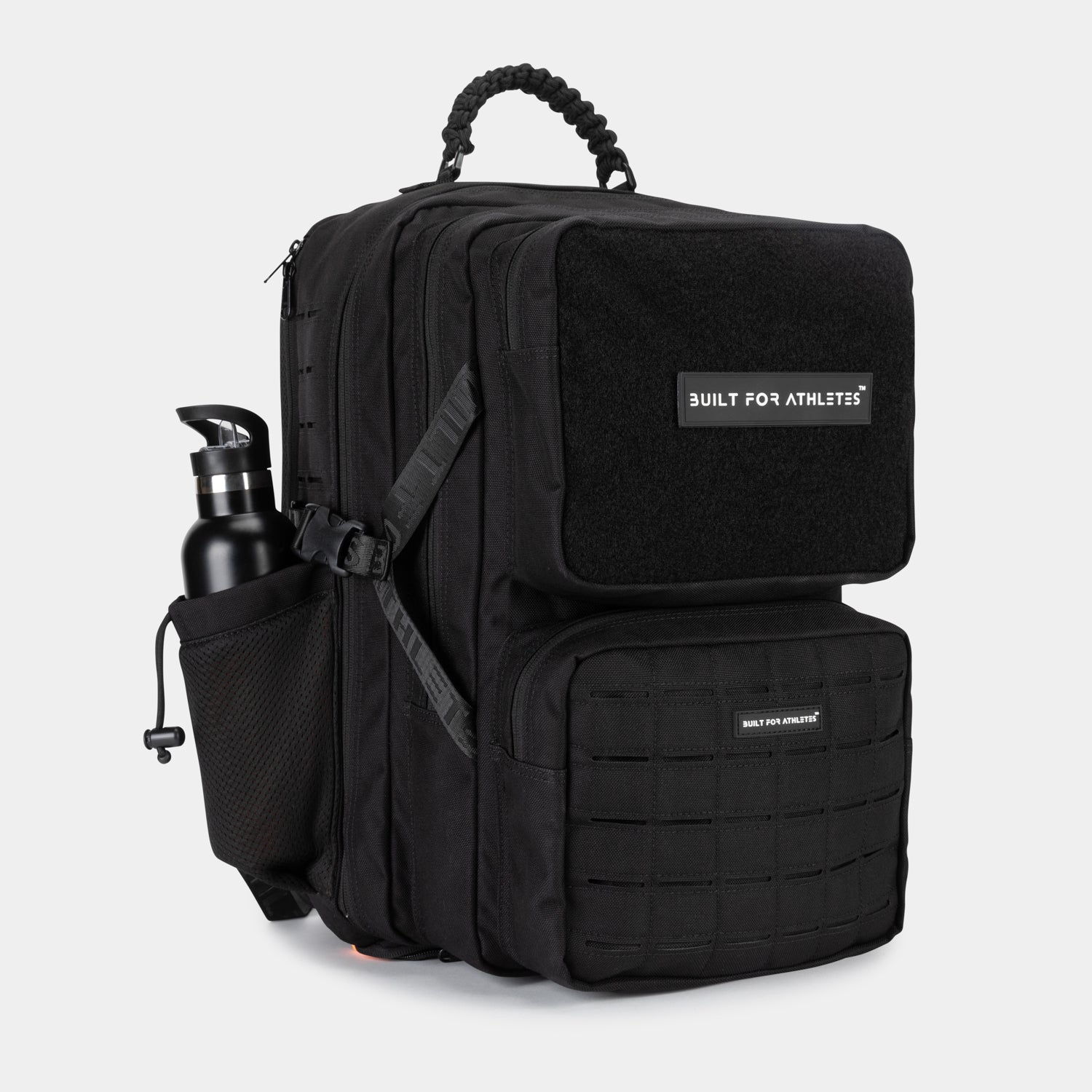







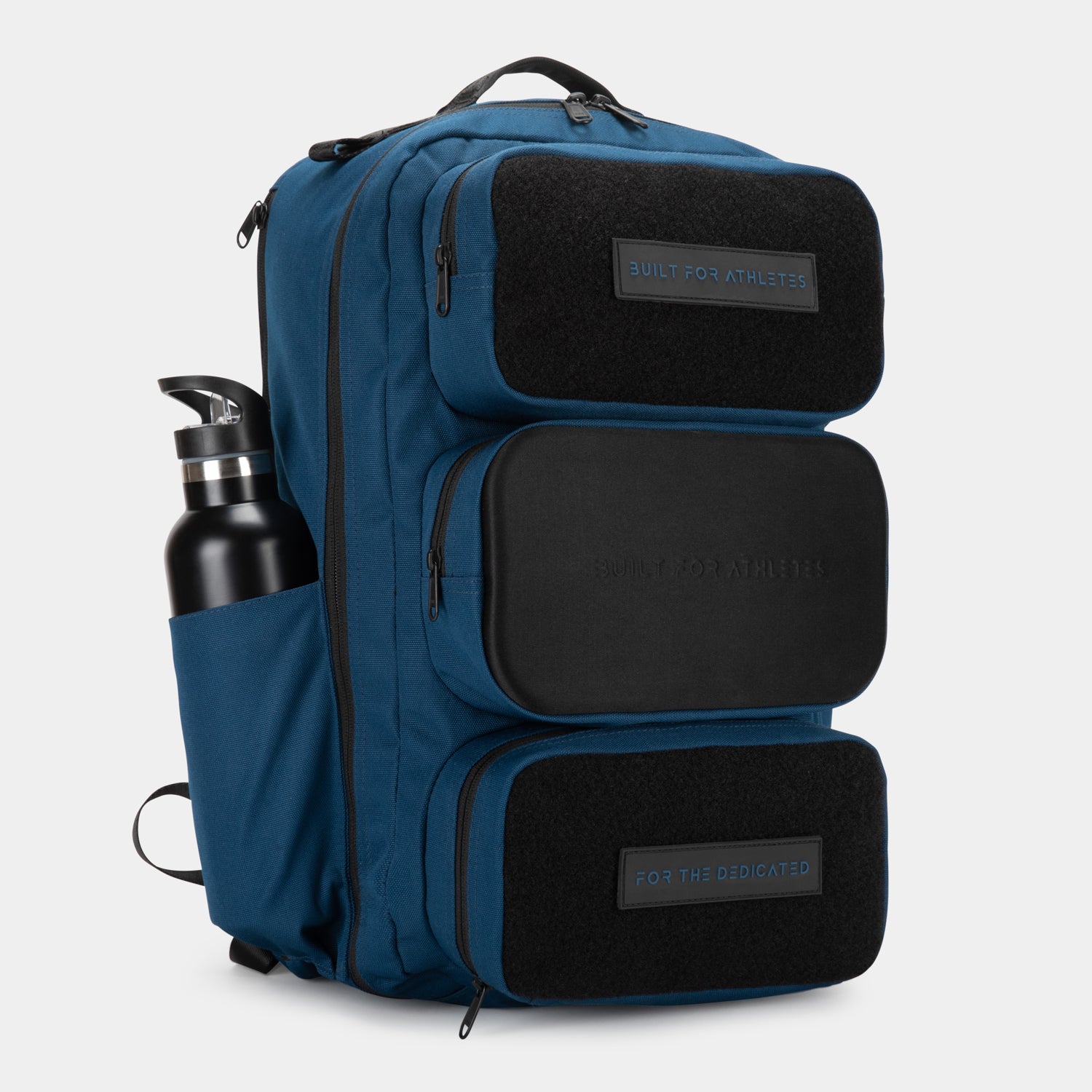

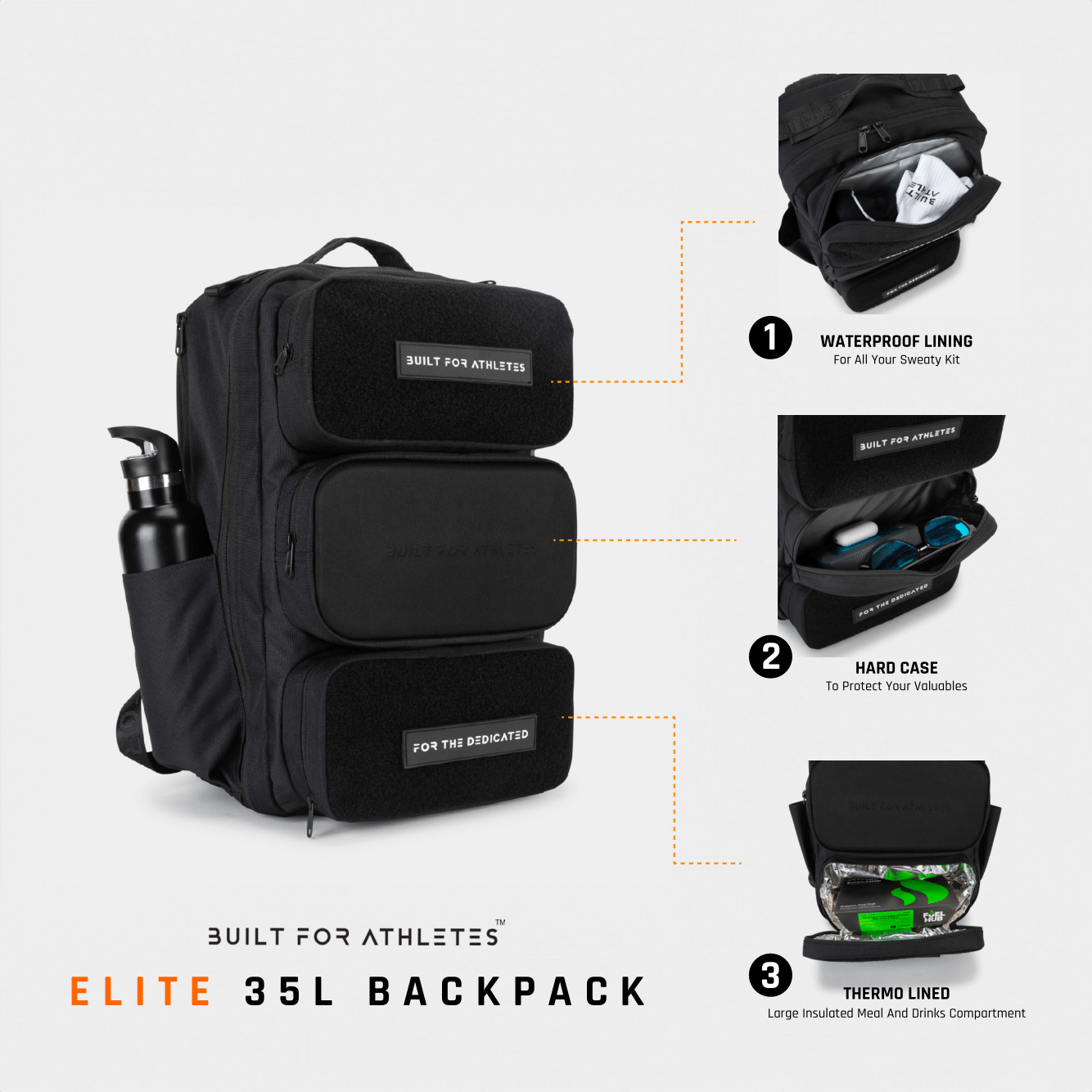









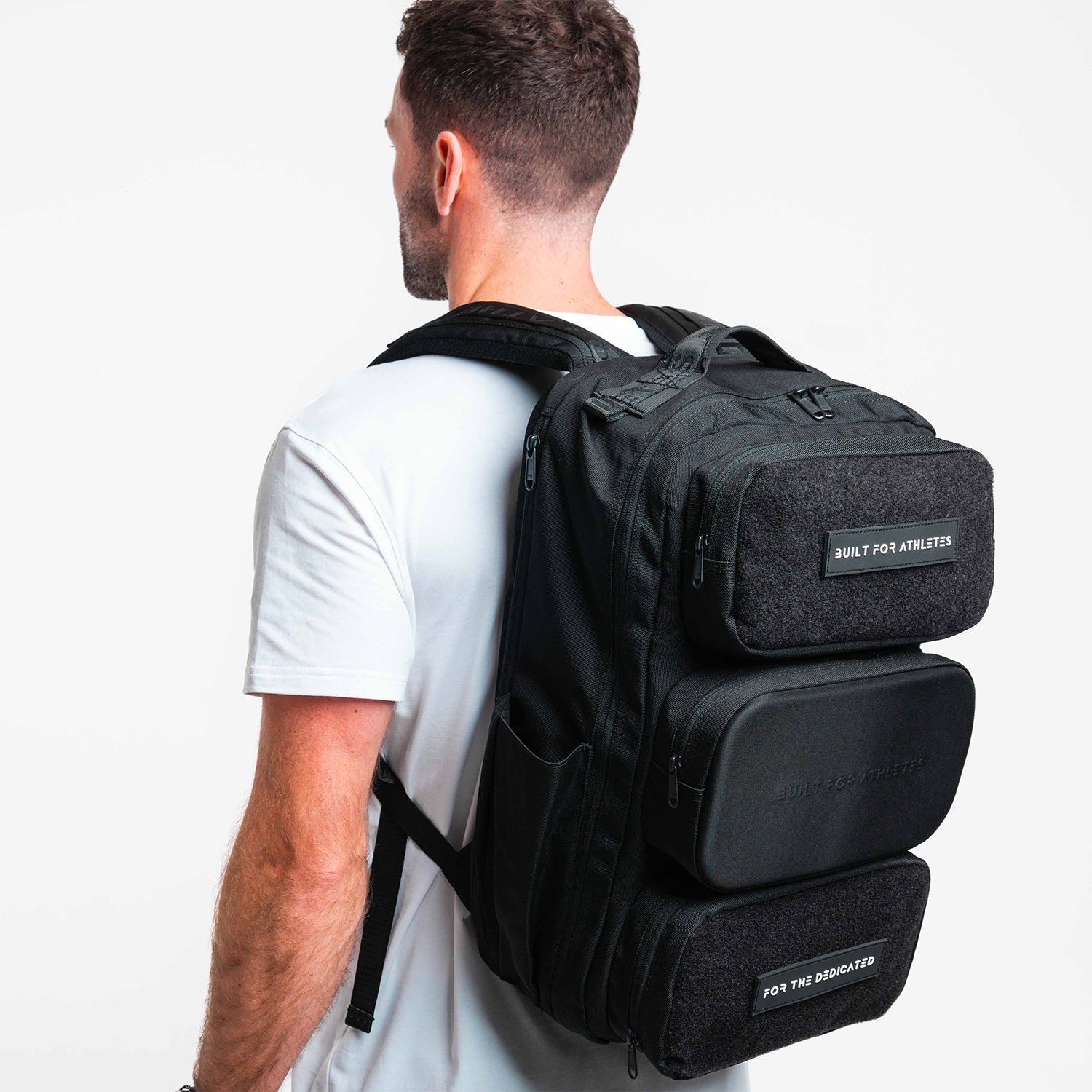
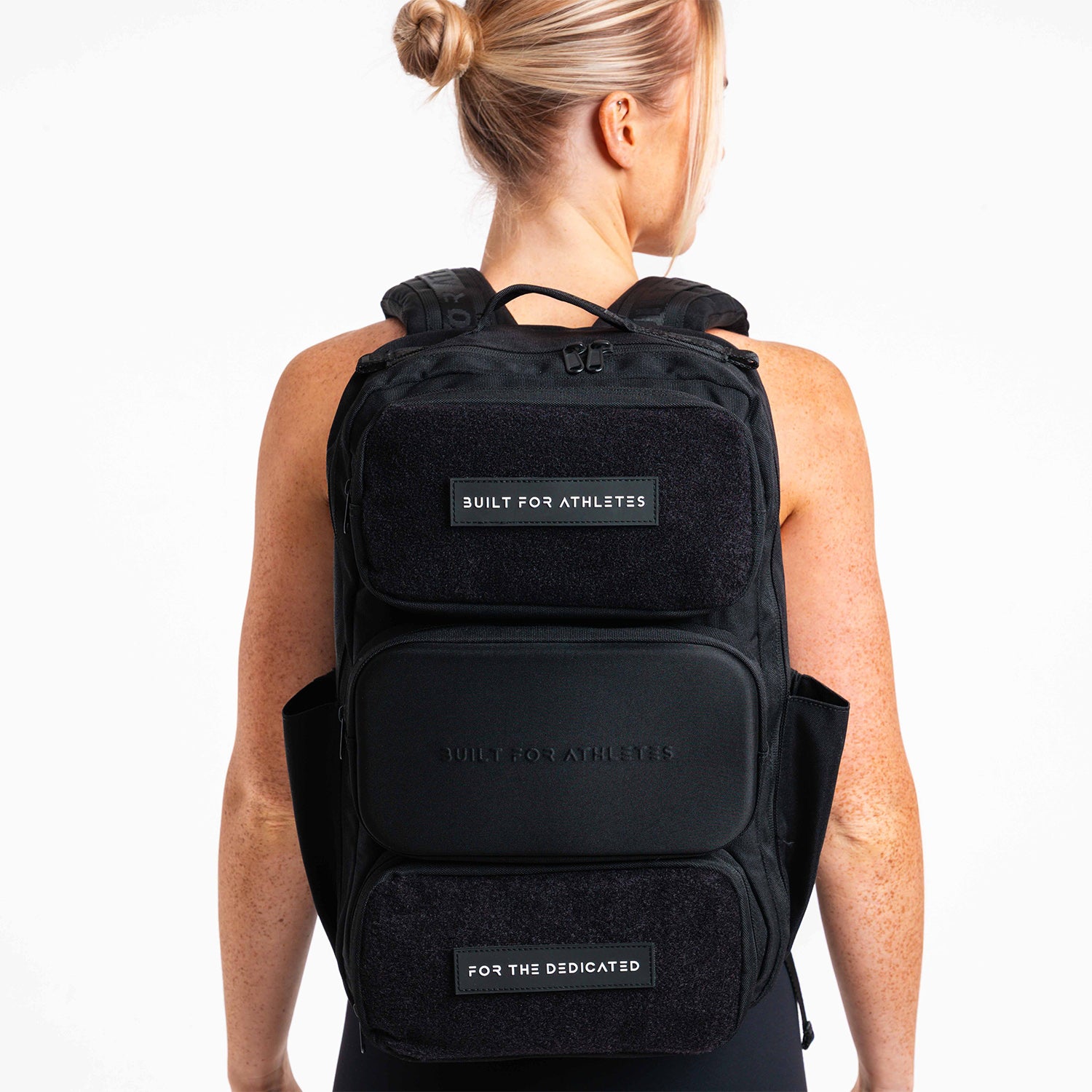
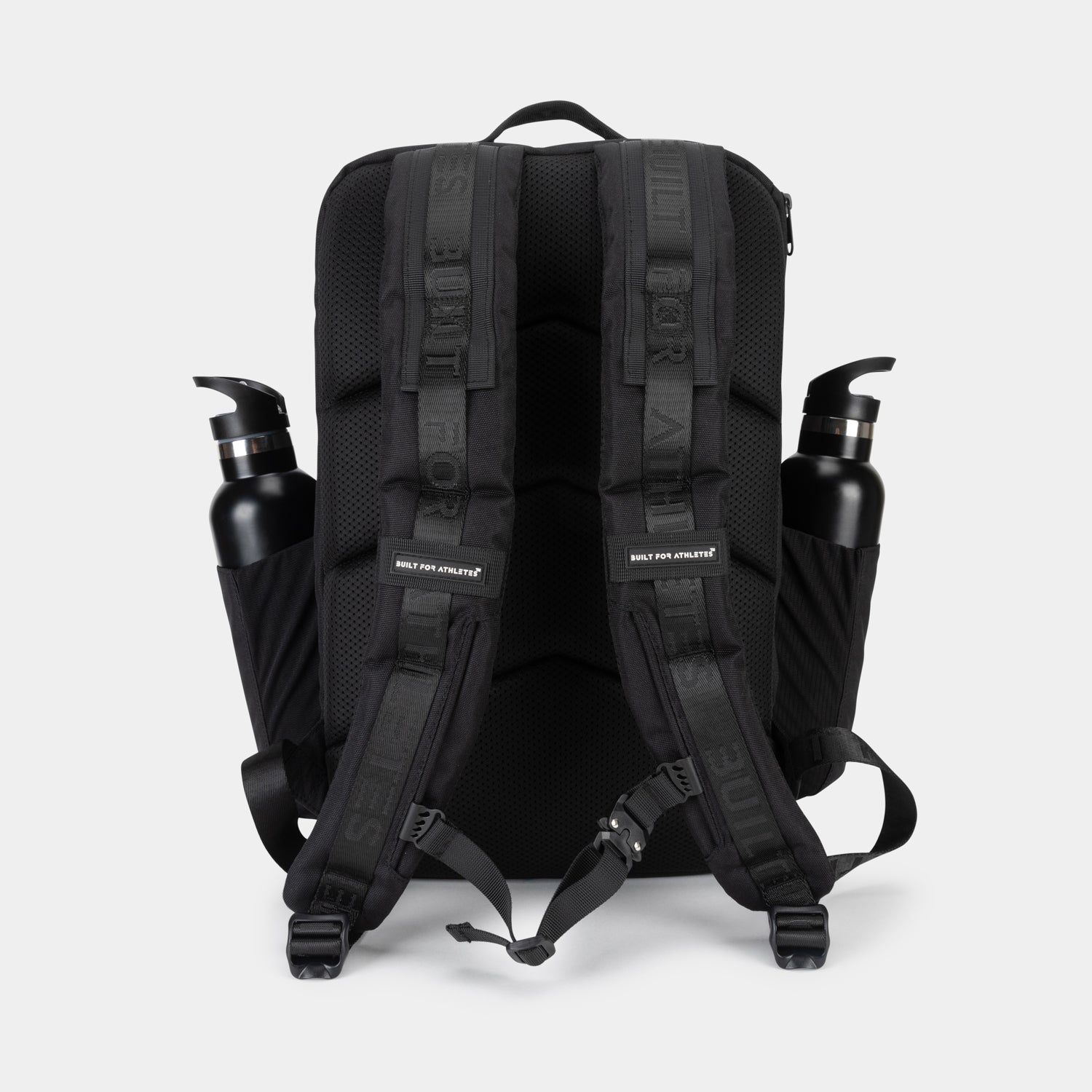
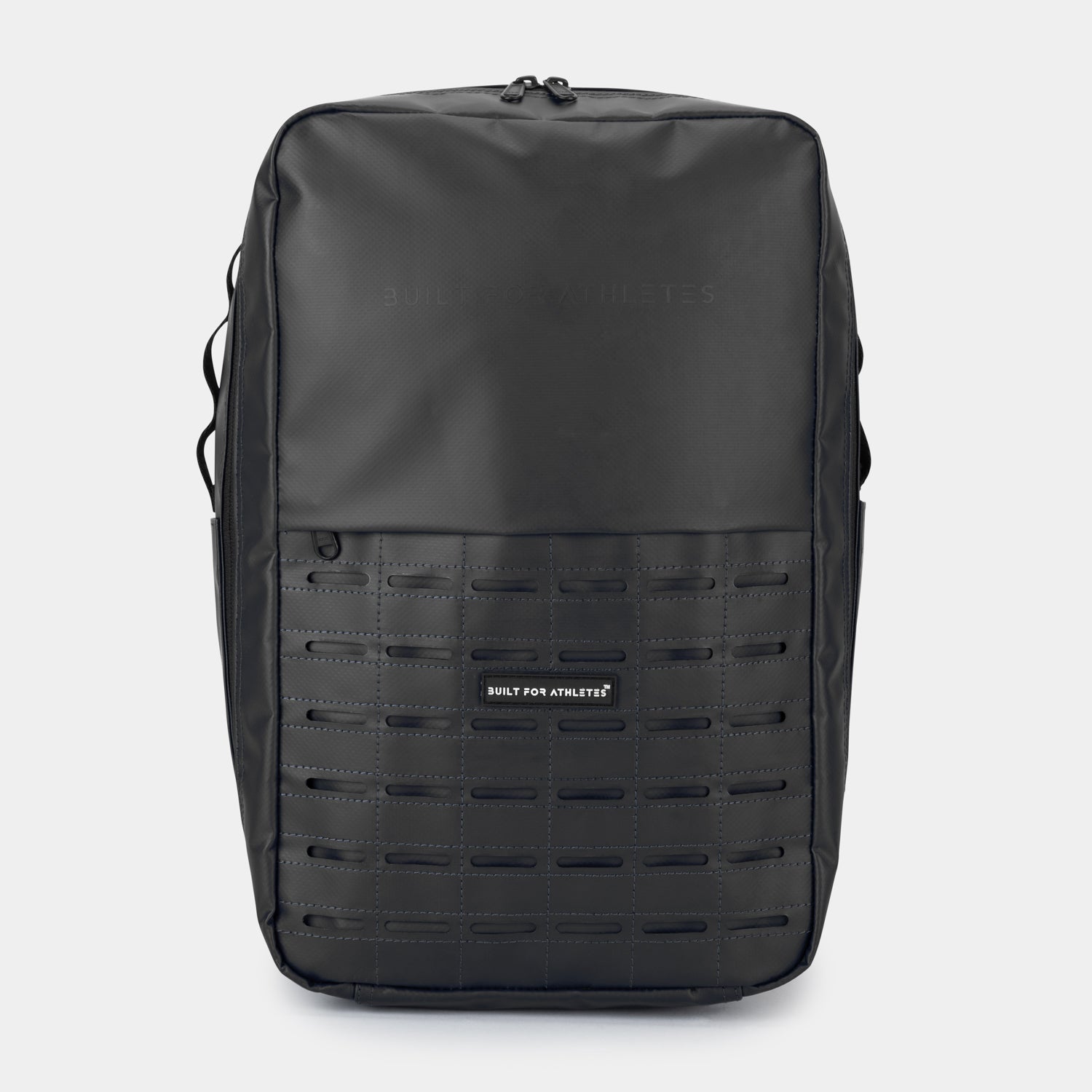
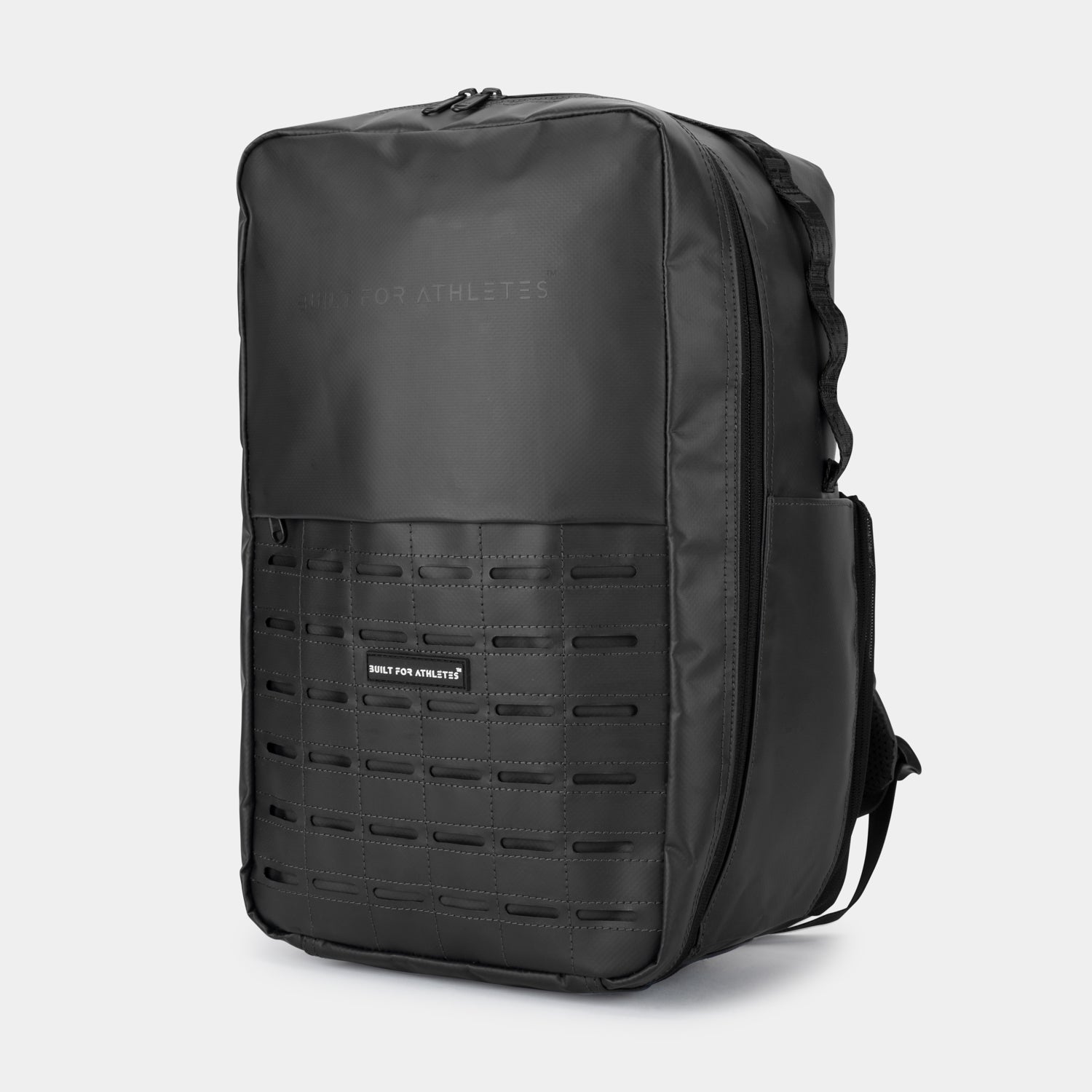
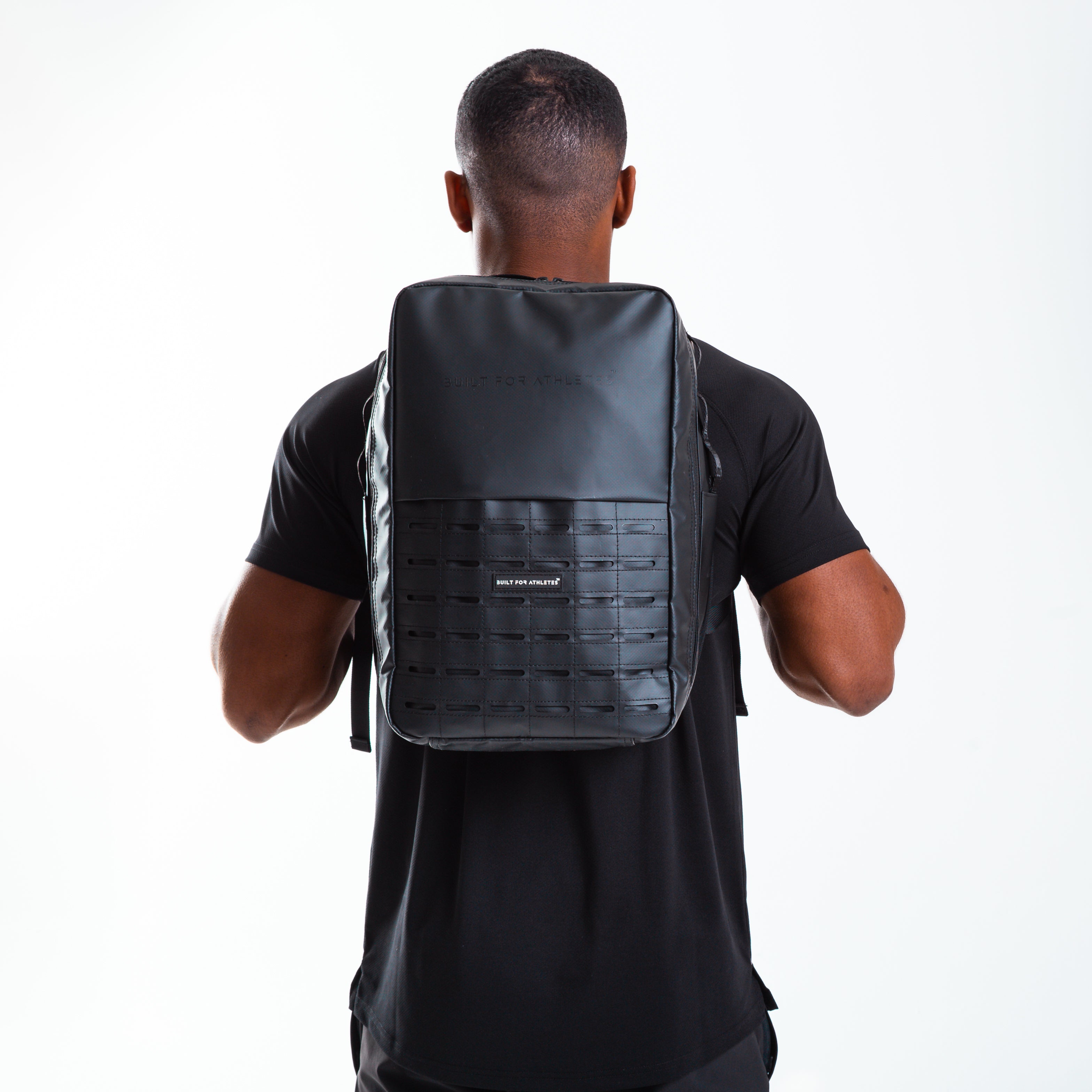







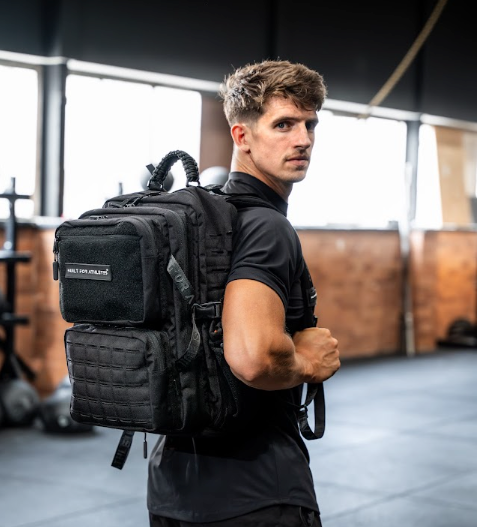
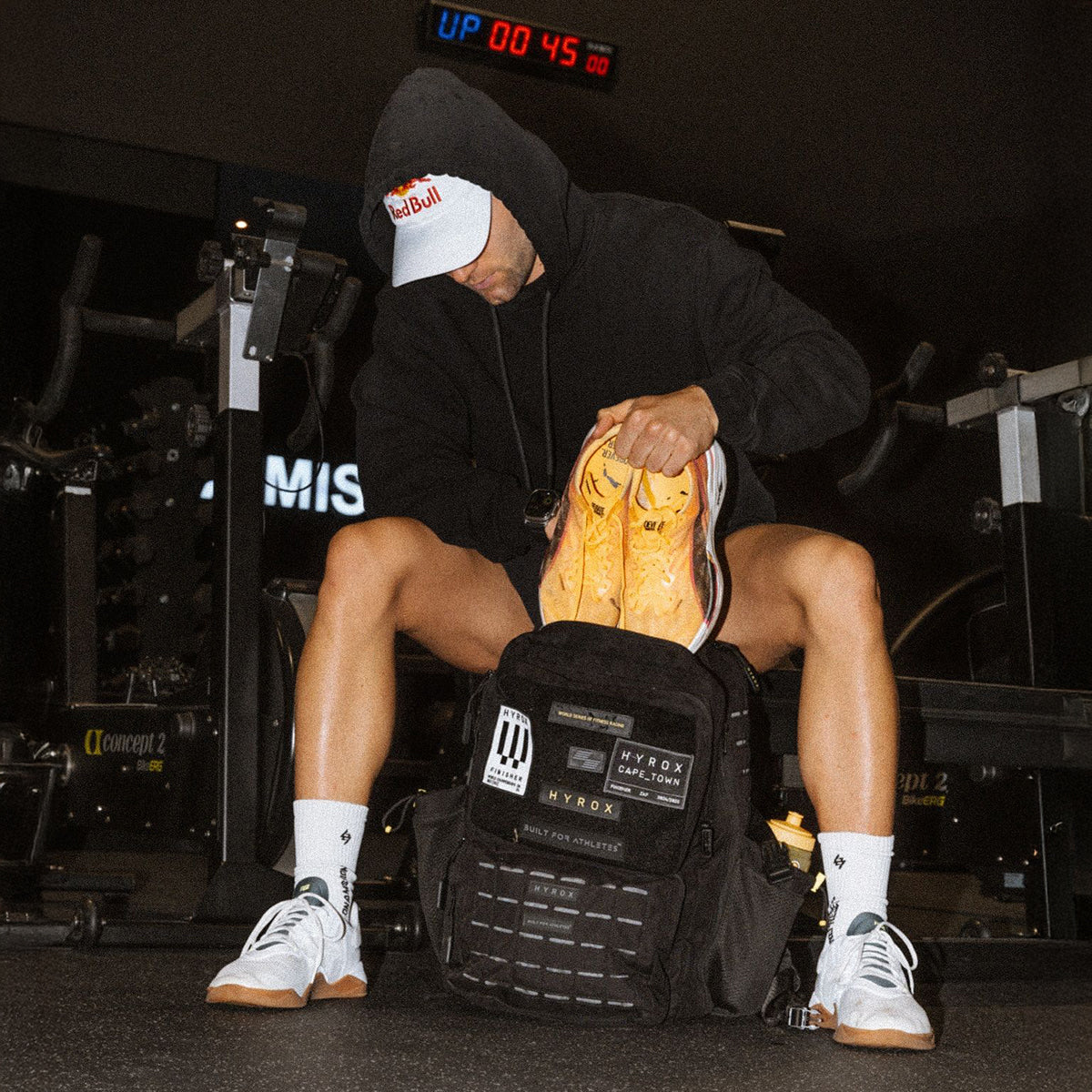
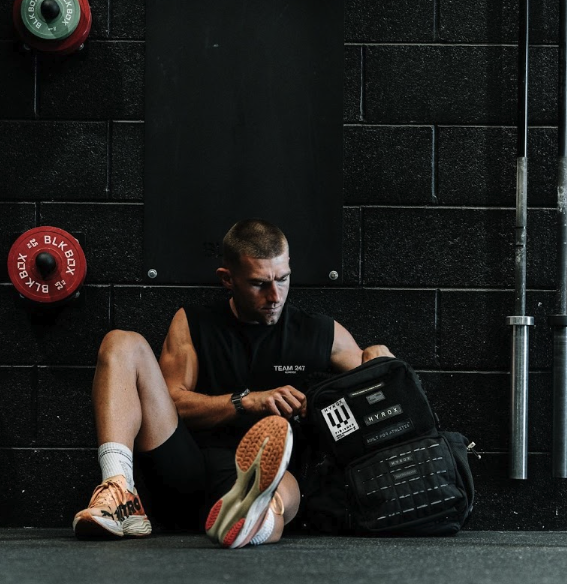
Teilen Sie:
Welcher Fitness Tracker liefert die genauesten Daten?
Wie lange dauert es, bis Ihr Körper nach einem Training Fitnessgewinne spürt?